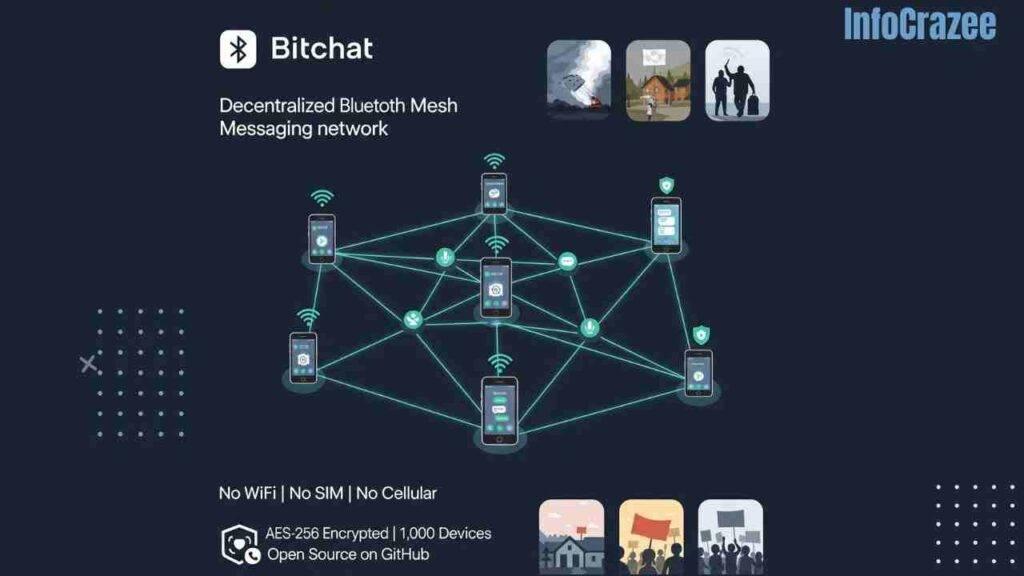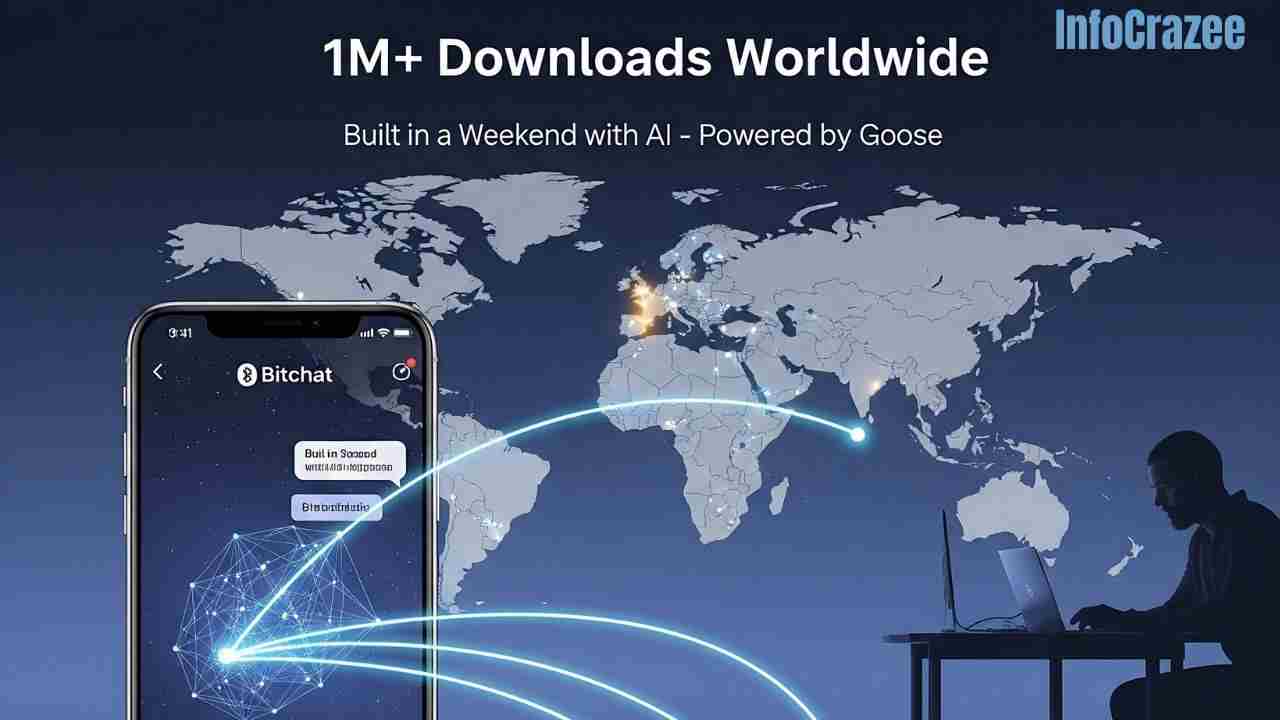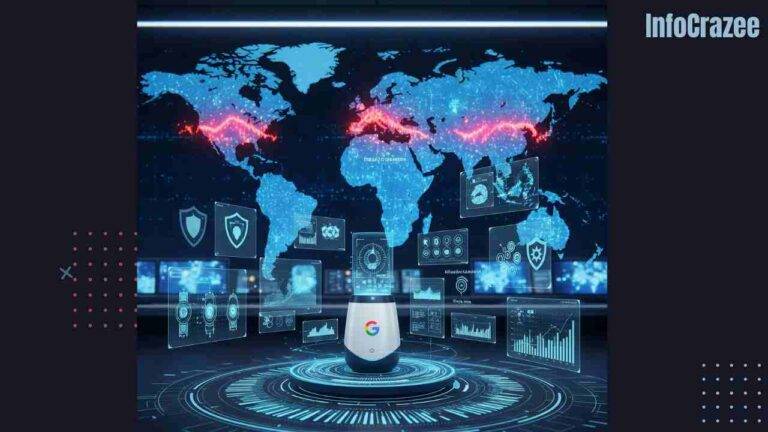Jack Dorsey’s Bitchat App, Built in a Weekend with AI, Sparks Global Frenzy
Jack Dorsey, co-founder and former CEO of Twitter, has ignited a tech revolution with the launch of Bitchat, a decentralized Bluetooth mesh messaging app developed in a single weekend using an AI tool called Goose.Bitchat enables secure, internet-free communication, captivating users and developers worldwide with its simplicity and resilience. Within days of its release, the app has amassed over 1 million downloads, signaling a seismic shift in how we think about connectivity.
A Breakthrough in Decentralized Communication
Bitchat leverages Bluetooth Low Energy (BLE) 5.0 to create a peer-to-peer mesh network, allowing users to send encrypted text, voice messages, and small files without WiFi, cellular data, or SIM cards. Devices within a 100-meter range connect directly, relaying messages across nodes to extend coverage, supporting up to 1,000 devices in a single network. This makes Bitchat ideal for scenarios where traditional networks falter, such as natural disasters, protests, or remote regions.

The app’s end-to-end encryption, powered by AES-256, ensures user privacy, while its open-source codebase, hosted on GitHub, invites global developer contributions. Unlike mainstream apps like Signal or WhatsApp, Bitchat requires no accounts or phone numbers, offering true anonymity and accessibility. Its lightweight design runs smoothly on both modern and older Android and iOS devices, broadening its appeal.
AI-Powered Innovation
Dorsey credits the rapid development of Bitchat to Goose, an AI-driven coding assistant that streamlined the creation process. “We built Bitchat in 48 hours, harnessing AI to turn a vision into reality,” Dorsey said during his keynote at Disrupt. “This is the future of software development—fast, collaborative, and decentralized.” The use of Goose has sparked intrigue, with developers praising its ability to accelerate prototyping while maintaining code quality.
Real-World Impact
Bitchat’s potential has already been demonstrated in early use cases. During a recent music festival in Nevada, attendees used the app to communicate amidst overloaded cellular networks. Humanitarian organizations have also taken notice, with the International Rescue Committee planning to deploy Bitchat in disaster zones across Southeast Asia by Q4 2025. The app’s multilingual support, currently covering 20 languages, enhances its global utility.
Analysts at Forrester Research describe Bitchat as a “paradigm shift” in the $60 billion messaging market. “By removing reliance on centralized infrastructure, Bitchat addresses critical gaps in communication resilience,” said analyst Priya Lakshmi. “Its open-source model and AI-driven development set a new benchmark for innovation.”
Market Surge and Future Plans
Since its launch, Bitchat has seen unprecedented demand, with 1.2 million downloads across the Google Play Store and Apple App Store within 72 hours. The app’s viral spread has been amplified by endorsements from tech influencers and privacy advocates, where users hail its “IRC vibes” and potential for censorship-resistant communication.
Dorsey’s team at Block, Inc., which backed the project, plans to introduce features like Bitcoin microtransactions over Bluetooth by Q1 2026, building on early demos that showcased cryptocurrency transfers without internet access. Additional updates will include image sharing and satellite connectivity for ultra-remote areas.
A Catalyst for Decentralization
Bitchat’s meteoric rise underscores Dorsey’s vision for a decentralized digital future. “The internet shouldn’t be a single point of failure,” Dorsey tweeted post-launch. “Bitchat empowers people to connect on their terms.” The app’s success has drawn $25 million in funding from investors like Sequoia Capital and a16z, fueling plans to expand its ecosystem and integrate with other decentralized platforms.
As Bitchat reshapes communication, it challenges tech giants to rethink reliance on centralized infrastructure. With its AI-driven origins and open-source ethos, the app is not just a tool but a movement, redefining connectivity for a hyper-connected world.






